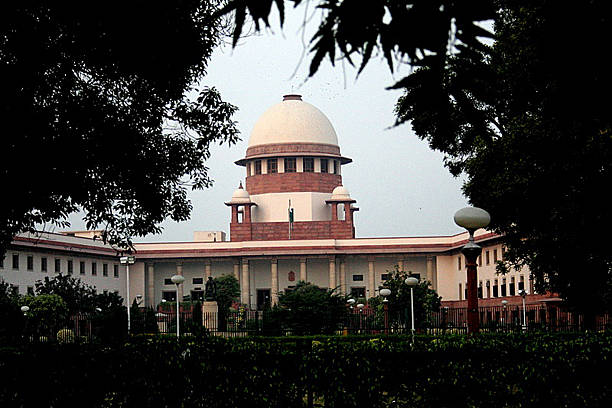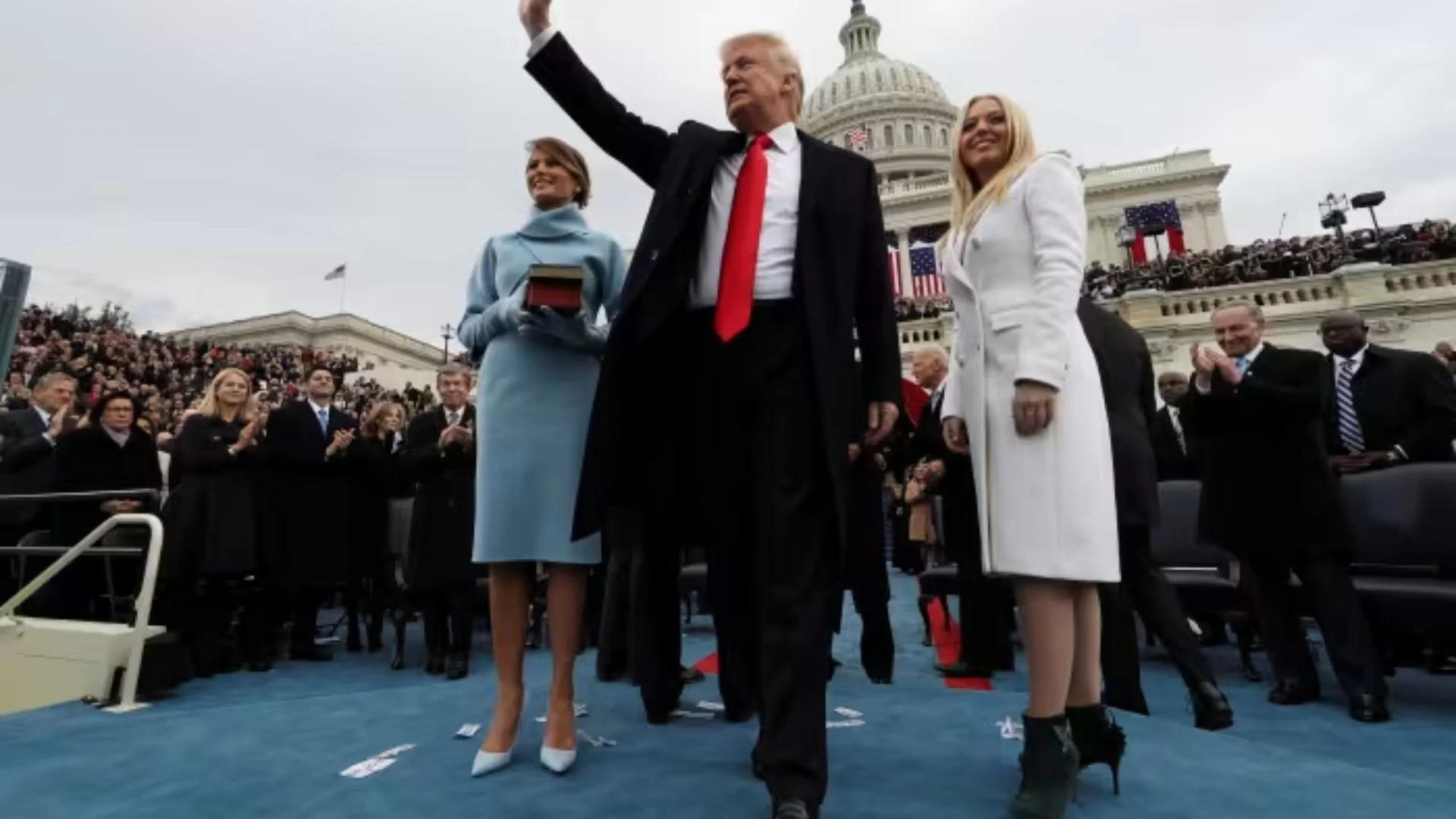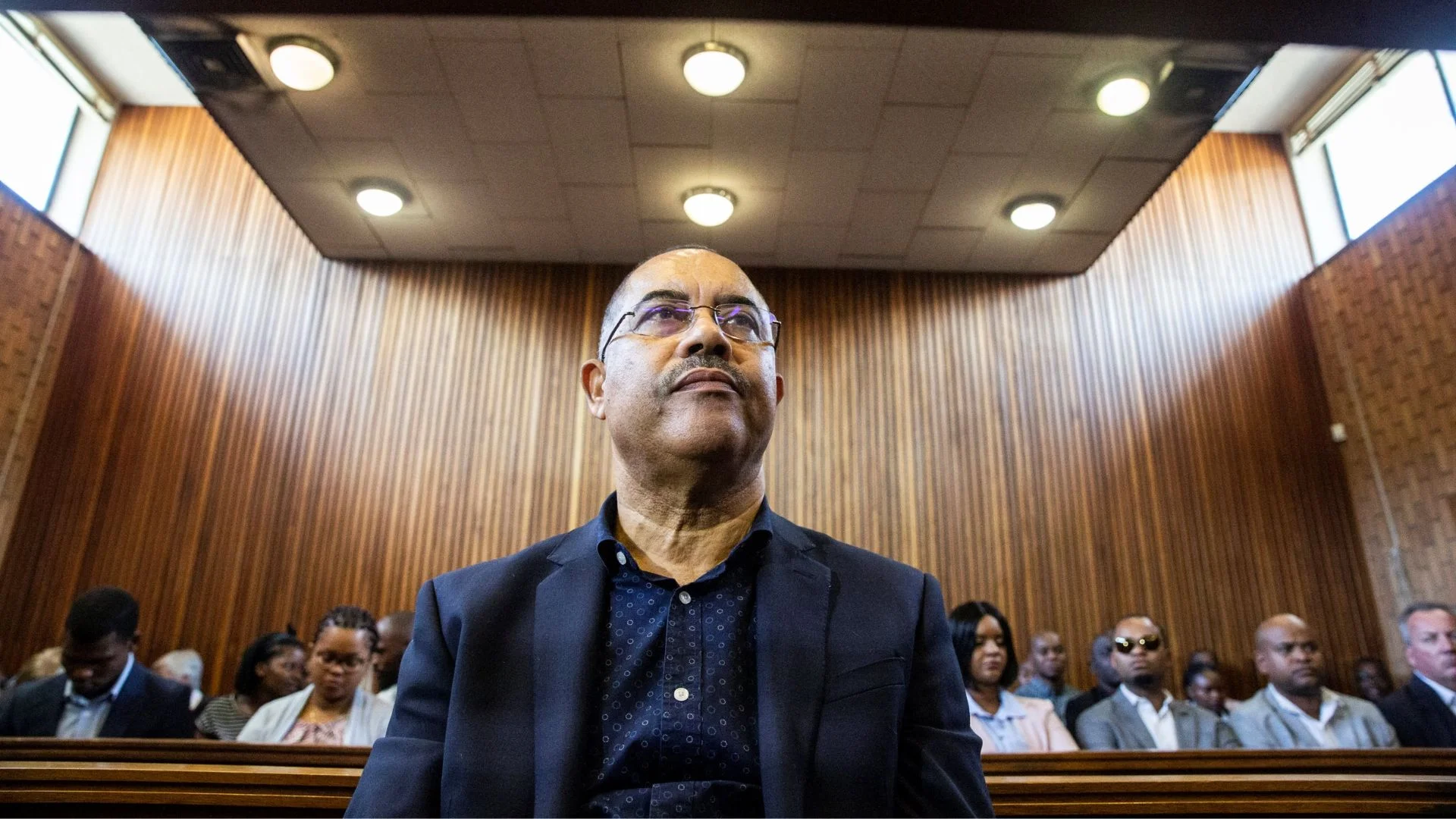Tamil Nadu’s chief minister, M.K. Stalin, said that the Supreme Court’s split verdict on the reservation of economically backward classes is a “setback” in the long struggle for social justice.
“Today’s verdict in the reservation case for economically backward classes is a setback in the century-long struggle for social justice,” Tamil Nadu CM M.K. Stalin said after the top court delivered its verdict upholding the validity of the Constitution’s 103rd Amendment Act 2019, which provides for 10% EWS reservation amongst the general category in admissions and jobs.
“After accessing the full judgement and discussing with the legal experts, we will take a decision on our next course of action on EWS, which is against social justice,” he added.
Congress leader Udit Raj called the Supreme Court “casteist.” Tweeting in Hindi, Udit Raj said, “The Supreme Court is casteist; is there still doubt about it. It refused to give reservation to SC/ST, OBC in Indira Sawhney case, citing the Constitution’s limit of 50% but reversed its statement when it came to EWS reservation.”
In another tweet, he clarified that he was not opposing the reservation of poor upper castes but was only mentioning the SC’s vision in the matter of Indira Sawhney.
“I am not against the reservation of poor upper castes but of the mindset that when SC/ST/OBC matters came up, SC always said that the 50% limit in Indira Sawhney’s case cannot be crossed,” he wrote in his tweet.
Former Union Law Minister Ashwani Kumar reacted to these remarks in a conversation with ANI.
He said, “The Supreme Court, in a majority judgment, has upheld the EWS reservation in public employment, private employment, and education institutions on the basis of economic criteria, which has been raising debate in this country for a very long time. The top court has said that economic backwardness can be a basis for reservation, and this point has been reiterated even in the dissenting judgments.”
He further said, “Of course, there are different views on the subject, and the fact that two distinguished judges have chosen to give a dissenting view on the overall judgement shows the debate will continue in the country. I also believe that the state should give benefits to a person belonging to any caste if they are economically weaker. But the views on the Indira Sawhney case are different. The reservation can only be given on a social basis. By amending the Constitution, the Parliament has given priority to the economic basis for granting reservation, and it has been upheld by the Supreme Court. Hence, I would only say that this is the law of the land, and dubbing the supreme court “casteist’ for any reason whatsoever is wholly improper.”
A five-judge Constitution bench in a 3:2 split verdict upheld the validity of the Constitution’s 103rd Amendment Act 2019, where three judges passed the verdict upholding the Act .
CJI UU Lalit concurred with Justice S Ravindra Bhat and passed a dissent order, earlier on Monday morning.
The majority bench – Justices Dinesh Maheshwari, Bela Trivedi and JB Pardiwala upheld the EWS amendment.
Justice Maheshwari said, “The EWS amendment does not violate the equality code or the essential features of the Constitution.”
Justice Bela M. Trivedi said, her judgment is in concurrence with Justice Maheshwari and said that the EWS quota in the general category is valid and constitutional.

















